How to Get Calcium on a Vegan Diet and 6 Foods to Keep Your Bones Strong
How many times have you heard that you need to drink milk for strong bones? While your body needs calcium, there are better – and healthier – sources of calcium that don’t have the harmful effects of dairy. Marketing promoting milk and its “superior” calcium content is grossly misleading. The truth is that on a vegan diet, you get enough calcium by eating calcium-rich foods.
How Much Calcium Do I Need?
Your calcium needs depend on your age and gender, says Stacie Hassing, RDN, LD, co-founder of The Real Food Dietitians and co-author of The real food table. The average adult needs about 1,000 milligrams of calcium per day.
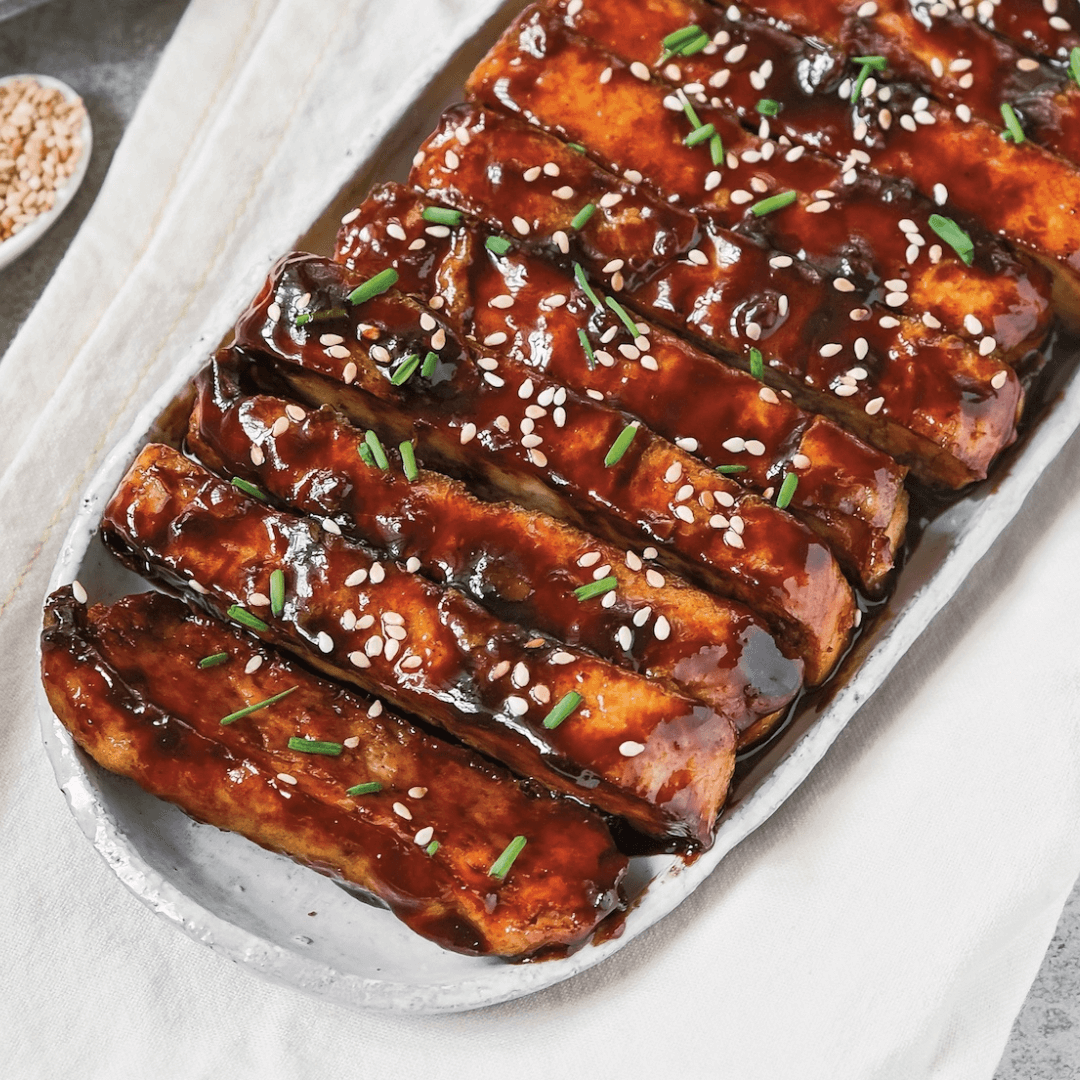 Jeeca Uy
Jeeca Uy
However, for women over 50 and men over 71, this increases to 1,200 milligrams per day. A point to remember? “Vitamin D is necessary for the body to absorb calcium, which is why some foods like orange juice, milk, and some breakfast cereals are fortified with calcium and vitamin D,” she says.
Despite the incessant promotion of milk for its vitamin D content, it is not natural. All of the vitamin D in cow’s milk is fortified, just like in many types of plant-based milk.
Health Benefits of Calcium
One of the most well-known benefits of calcium is maintaining and building strong bones and teeth, but it’s also important for many other functions in your body. “Your heart, muscles, nerves, and circulatory system all need calcium to function properly,” says Hassing.
Without a doubt, maintaining healthy bone strength is important. Yes, it can help prevent broken and fractured bones when we have an accident, but it’s not just falls that can damage our bones. Osteoporosis and osteopenia (the early onset of osteoporosis) cause bones to become weak and brittle.
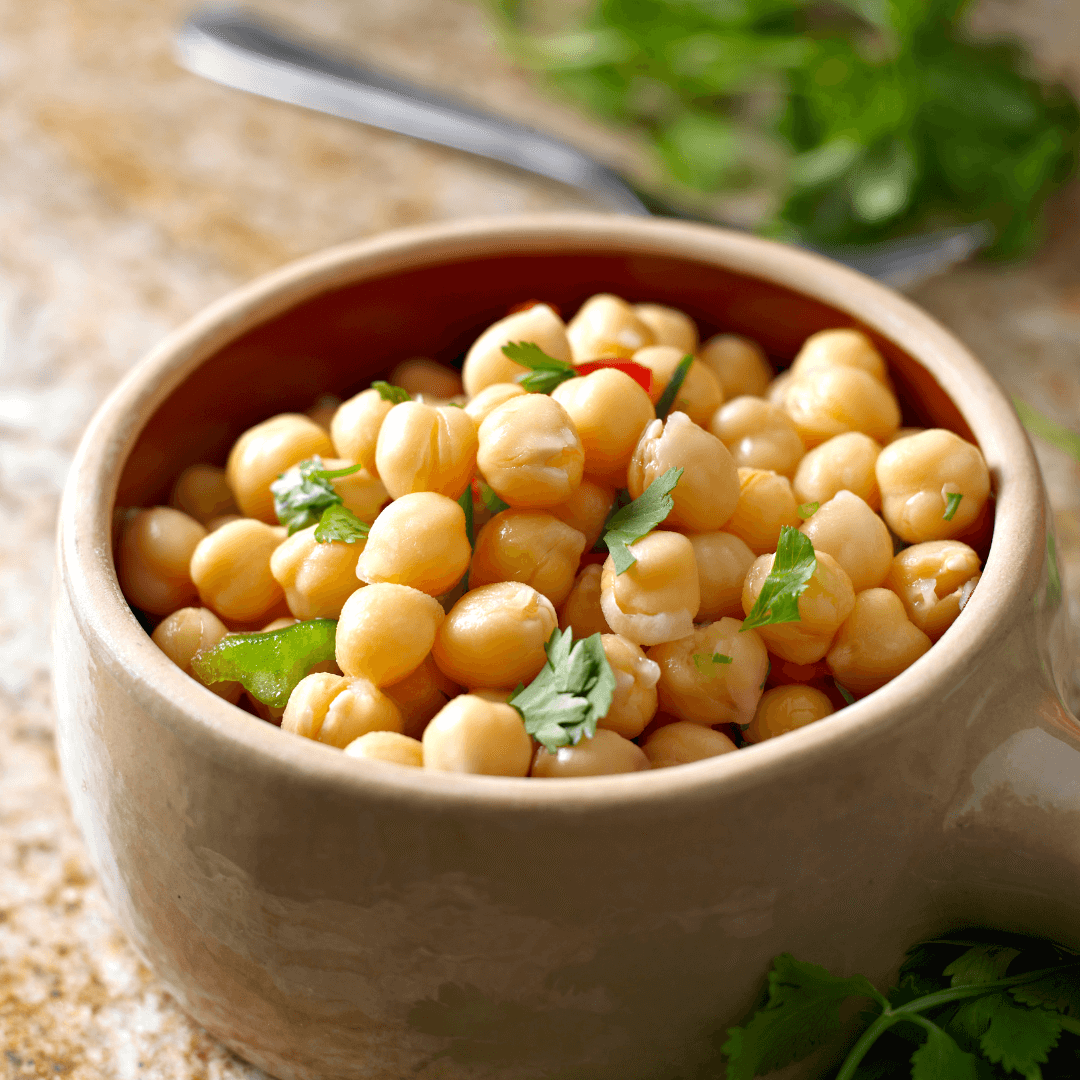 canvas
canvas
The disease tends to occur in older adults as people lose bone mass as they age (after their 30s), but these first three decades of life are opportunities to build a strong foundation for preventing osteoporosis.
About 10 million Americans over the age of 50 have the disease, but an additional 43 million have been diagnosed with osteopenia, or low bone mass. While other lifestyle choices can be preventive (such as regular weight training), getting enough calcium certainly helps.
Can you get calcium without milk?
An abundance of whole foods contain calcium, but some are significantly higher than others. It’s true that some animal products, including cow’s milk, yogurt, sardines, and canned salmon on the bone, contain a significant amount of calcium. However, many plant-based foods are also rich in calcium.
“You can get all the calcium you need from a vegetarian or vegan diet,” assures Dr. Robert Graham, Chief Health Officer of Performance Kitchen and co-founder of FRESH Med in New York City.
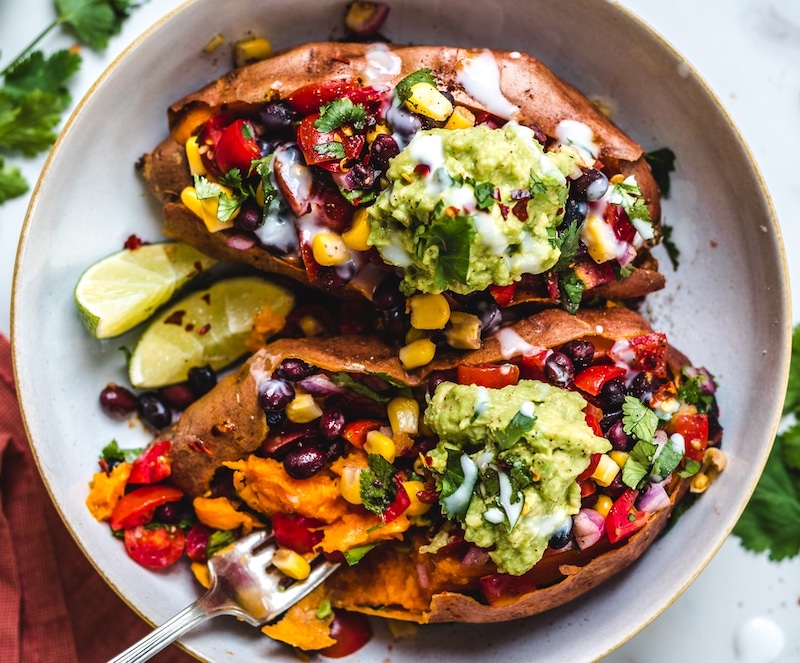 Hannah Sunderani
Hannah Sunderani
In addition, the calcium found in many plant foods, such as dark leafy greens, is more bioavailable than the calcium found in milk. The body absorbs about 33 percent of all calcium in dairy products, but a whopping 62 percent of the calcium in broccoli is absorbed during digestion.
Other plant-based foods high in calcium include tofu, fortified nut milks, beans, kale, tahini, sweet potatoes, watercress, okra, chia seeds, and almonds, says Graham. You can also find many calcium-fortified orange juices and cereals in the supermarket.
6 Vegan Calcium Sources
While the list of calcium-rich plant foods is long, Hassing offers some of the best sources for vegans.
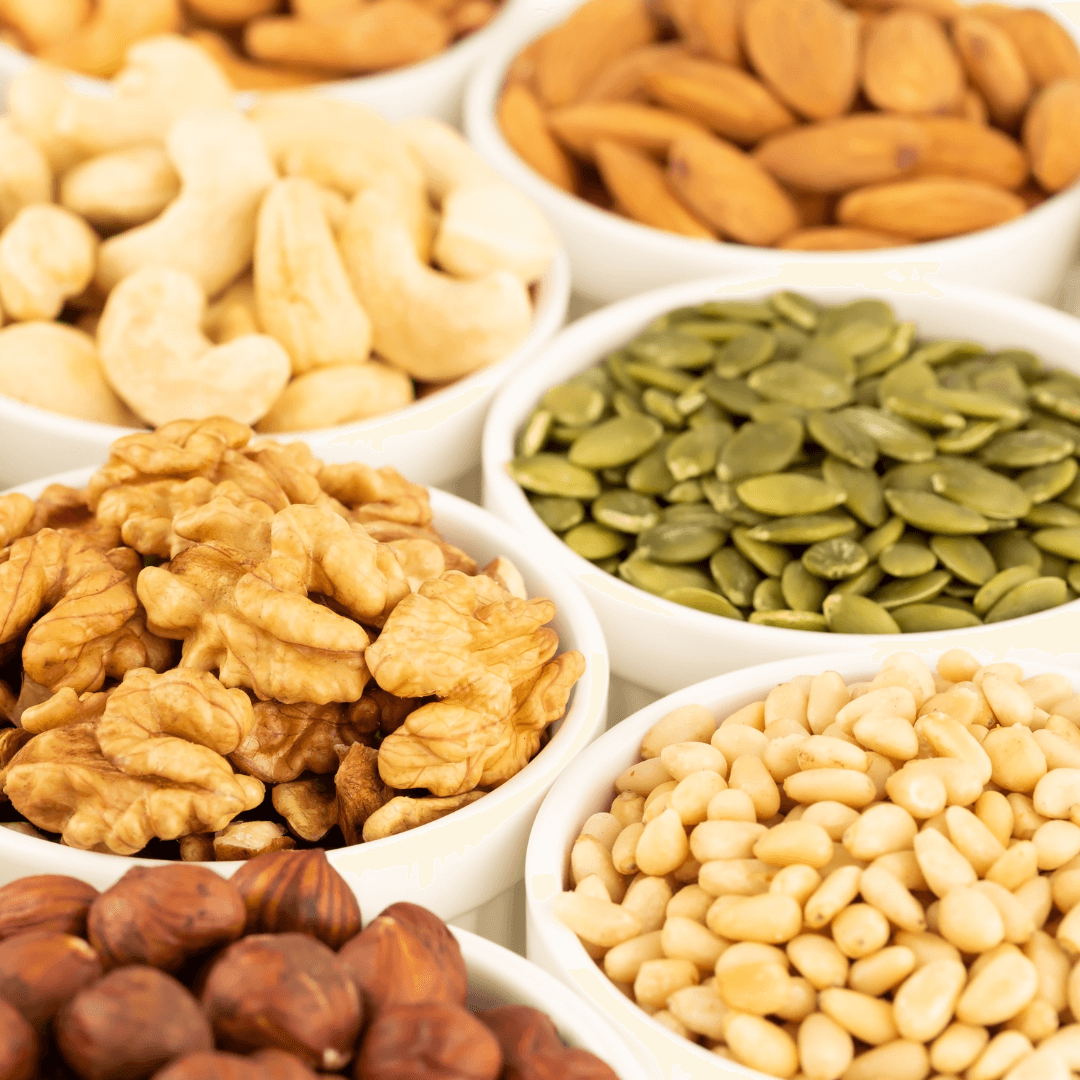 canvas
canvas
1 nuts and seeds
When deciding between nut butters, opt for the almond to get the most calcium. While many nuts and seeds contain modest amounts of calcium, almonds dominate with 75 milligrams per 30-gram serving (about 20 almonds).
Hazelnuts top in at a decent 56 milligrams per serving, and while they’re slightly lower at 42 milligrams per serving, tahini is a versatile and delicious way to boost calcium absorption at any meal.
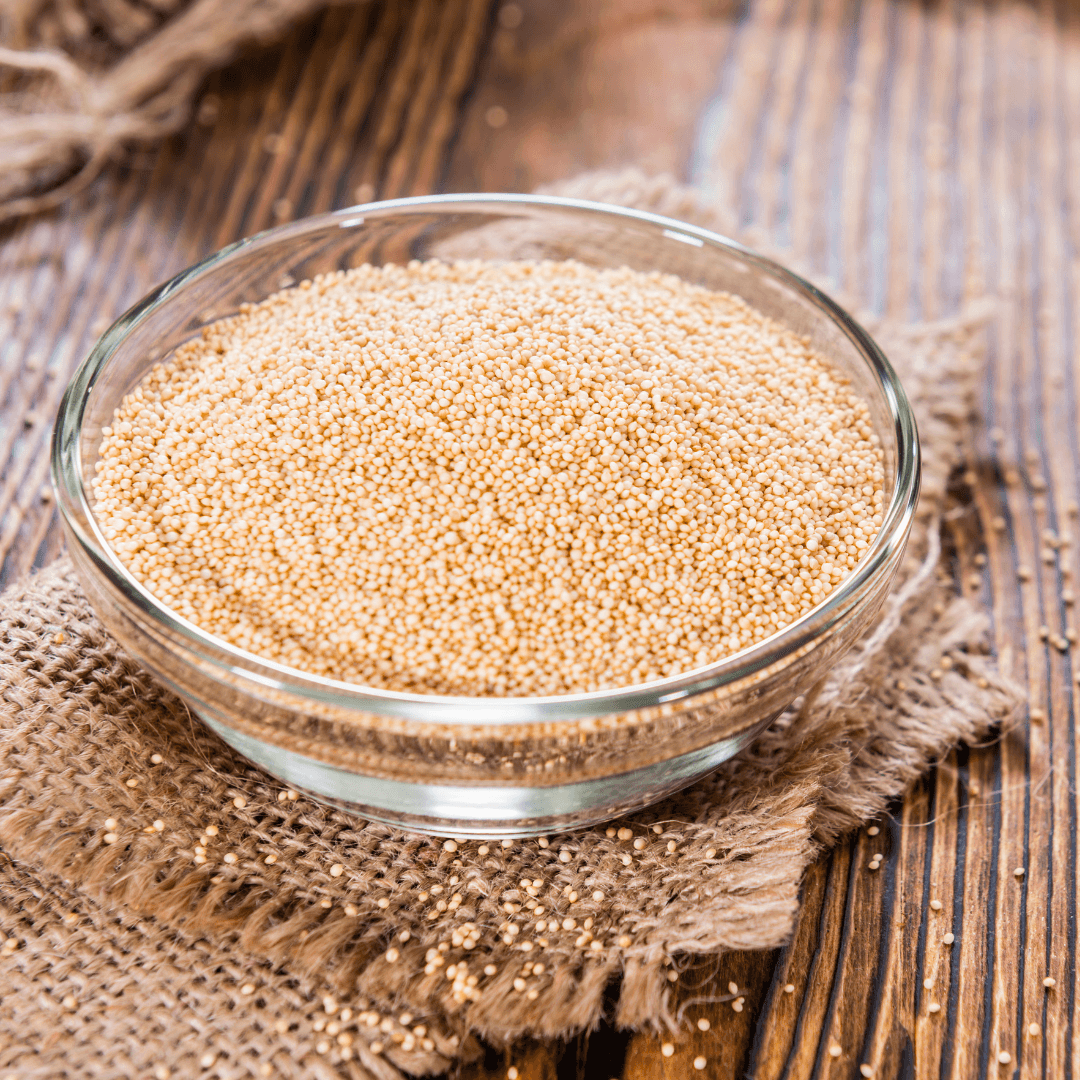 canvas
canvas
2 amaranth
Replace the quinoa with some amaranth from time to time. With 80 grams of calcium per quarter cup (dry), this ancient grain adds antioxidants, fiber and a calcium boost to any Buddha bowl. We also like to swap a morning bowl of oatmeal for this Berry Almond Amaranth Porridge.
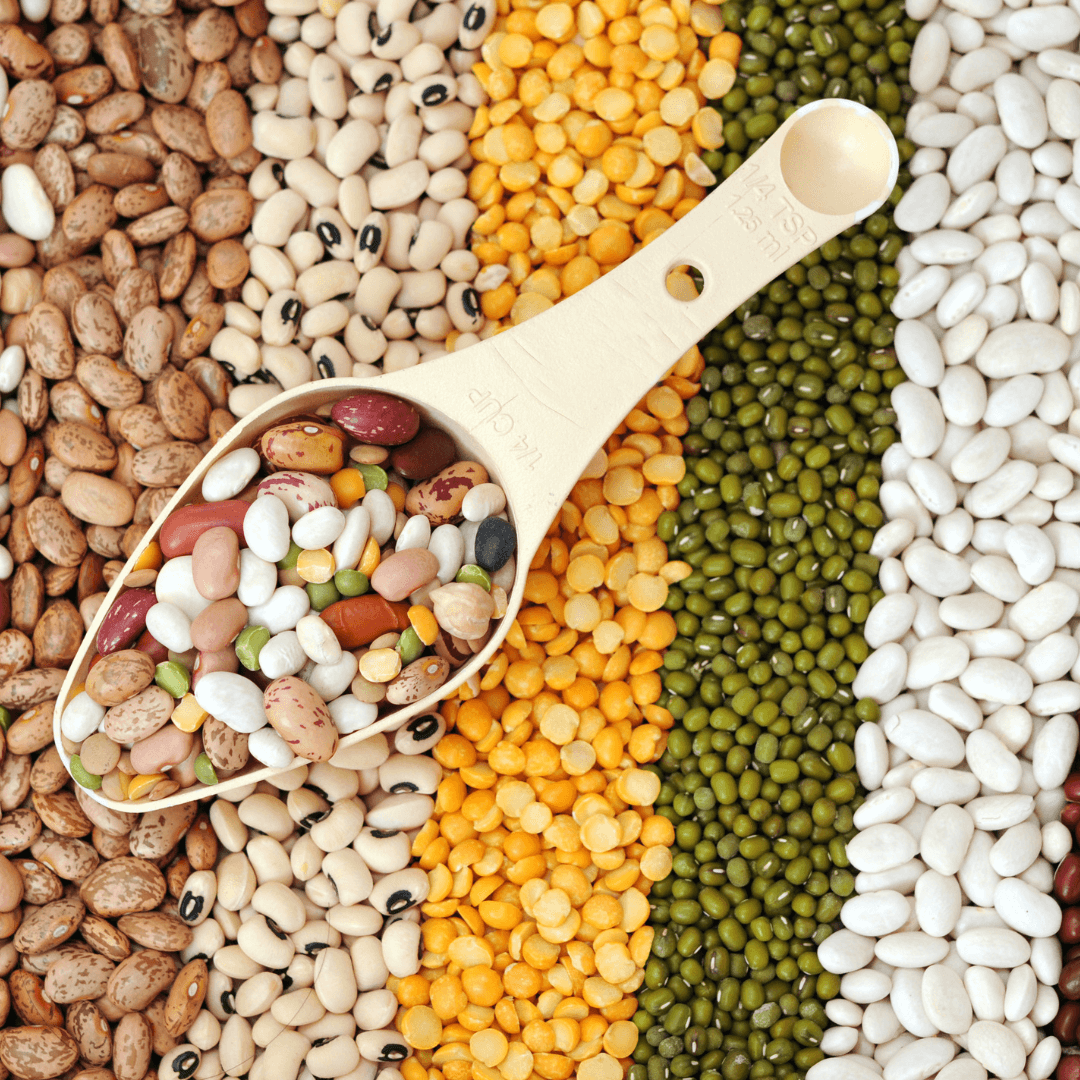 canvas
canvas
3 beans
White beans (navy beans), kidney beans and chickpeas are the legumes’ calcium powerhouses. Kidney beans top the charts with 132 milligrams of calcium per cup serving, and kidney beans and chickpeas follow with 93 and 99 milligrams, respectively. Use all three in a deliciously hearty vegan chili combo.
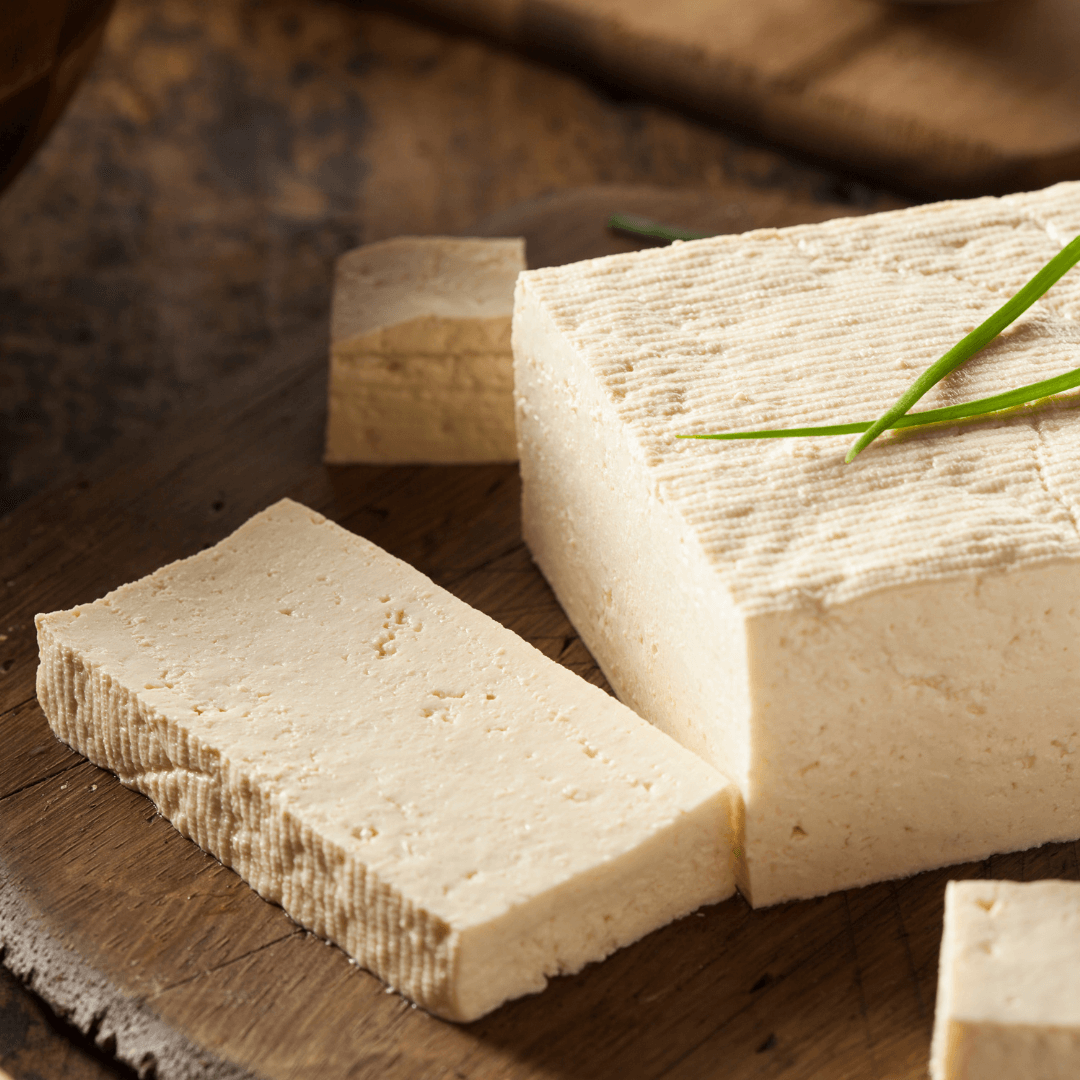 canvas
canvas
4 Minimally processed soy
Tofu, tempeh, and edamame are excellent sources of vegan calcium.
Just a 3-ounce serving of tofu clocks in 10 percent of your daily recommended amount of calcium, while tempeh provides about 6 percent of what you need (78 milligrams per 2.5-ounce serving). A cup of edamame provides about 9 percent of the recommended daily amount.
Soy milk is also a solid option. Not only does it naturally contain calcium, but many are fortified with up to a third of the calcium you need per day (equivalent to cow’s milk).
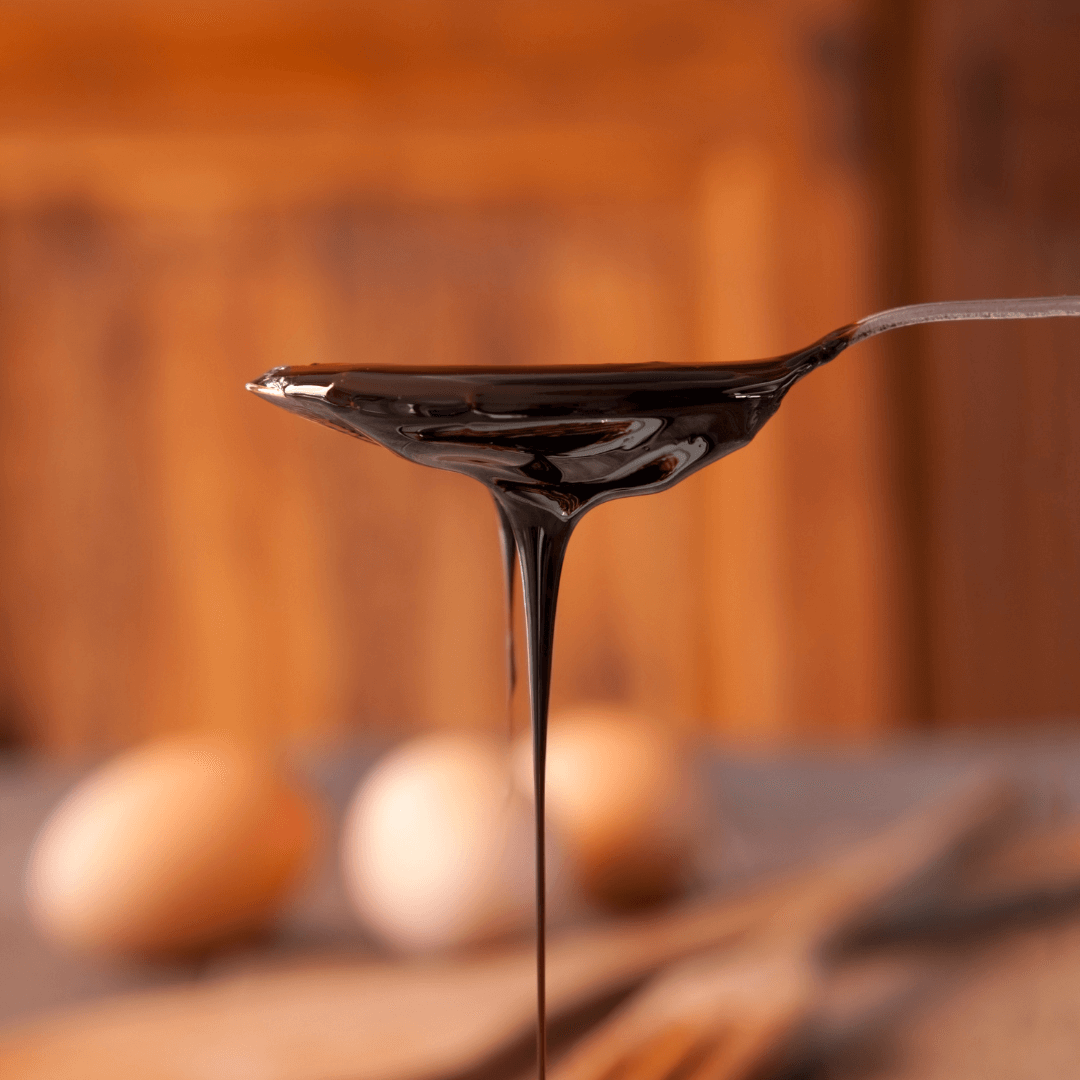 canvas
canvas
5 Blackstrap molasses
We wouldn’t recommend consuming a spoonful of molasses to meet your daily calcium needs, but this sticky substance can be incorporated in small amounts into a mix of delicious dishes.
Try making a batch of nutty Muhammara Dip or baking a batch of this addictive Pecan Walnut Cinnamon Granola. Just one tablespoon of the stuff has 200 milligrams of calcium – 20 percent of what most adults need on a daily basis!
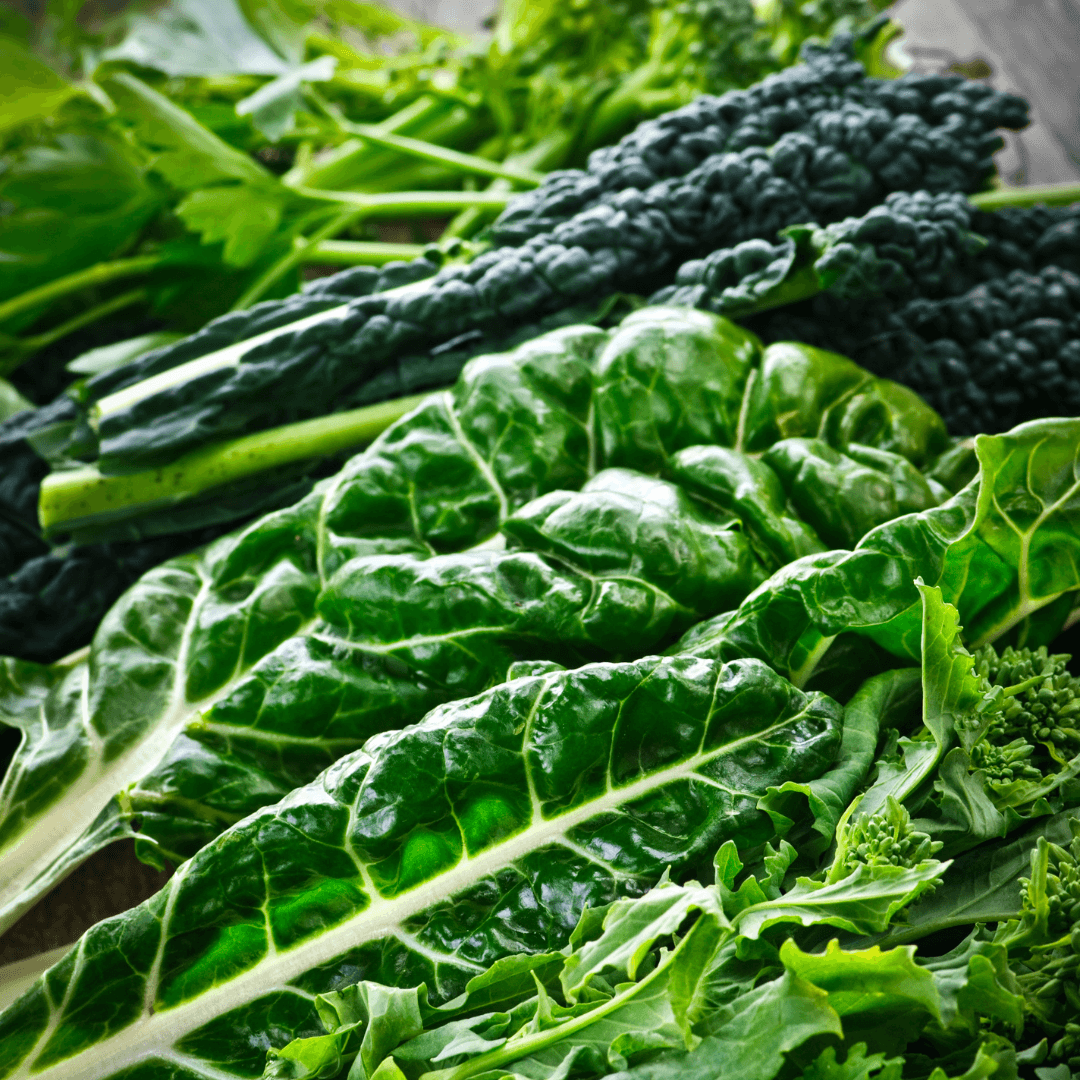 canvas
canvas
6 Dark leafy greens
There are countless reasons to increase your intake of greens – calcium just so happens to be one of them. A modest 120 grams of broccoli (just over a cup) provides 112 milligrams of calcium, and the normally underutilized okra provides 77 milligrams for the same amount.
Other dark-colored leaves like kale, collard greens, and bok choy also contain some calcium, although not quite as much as these two options.
What About Vegan Calcium Supplements?
You may need to supplement if a blood test shows you are low in calcium. However, because the standard American diet is 65 percent processed foods, Graham recommends supplementation for most Americans, especially women over 50. “Calcium is best absorbed when you take 500 milligrams or less at a time,” he says, adding that current recommendations call for 1,000 milligrams to 2,000 milligrams in divided doses, ideally taken with vitamin D.
The only way to tell if you’re chronically low in calcium is with a blood test, Hassing says. Signs that you may be low in calcium include muscle cramps, brittle nails, easy hair breakage, poor circulation that causes tingling and numbness in your fingers and toes, and an irregular heartbeat.
If you’re concerned your levels may be low, talk to your doctor about a blood test. For most vegans, Graham recommends eating calcium-rich foods and/or taking a calcium supplement to get everything you need.
